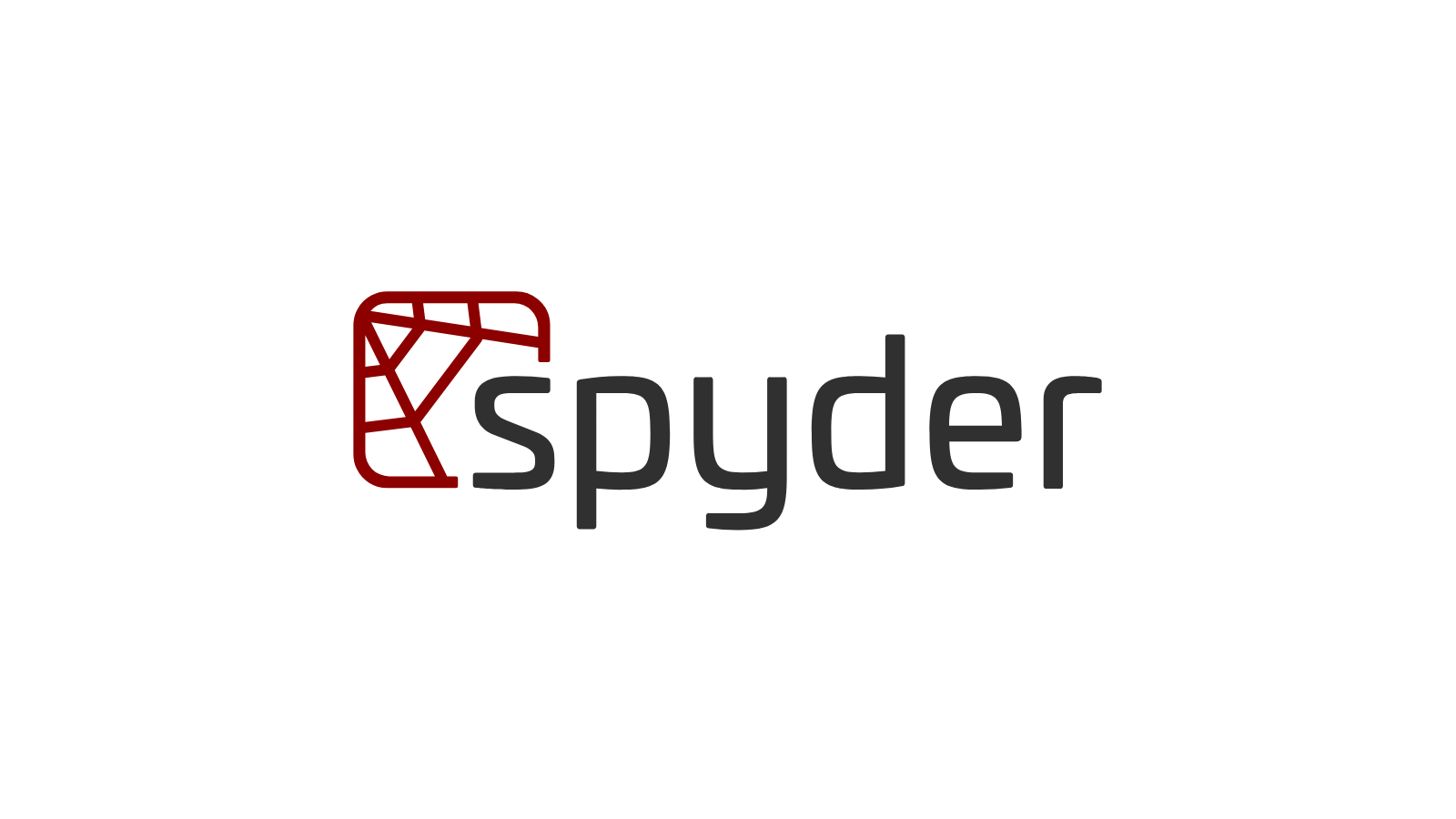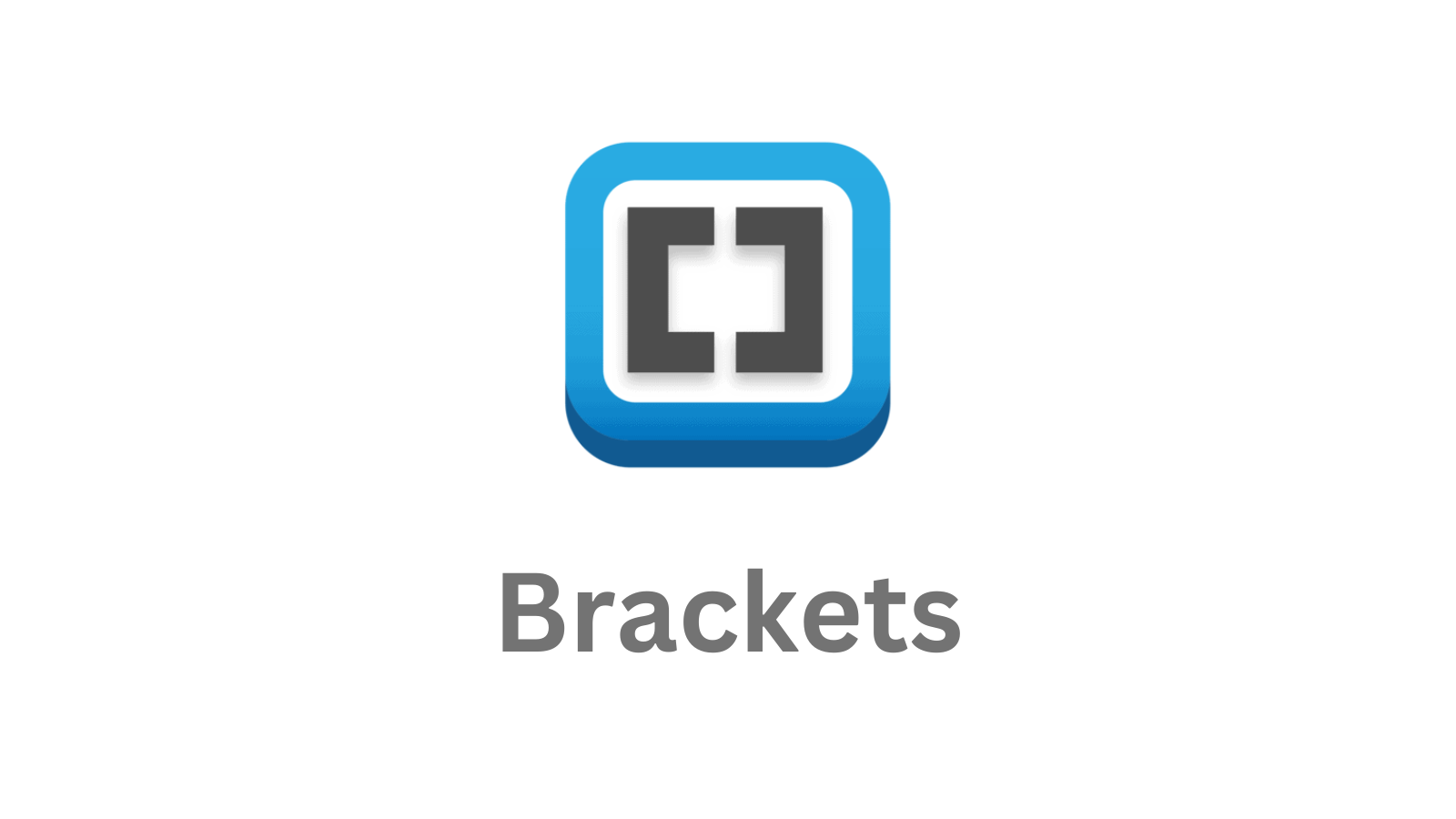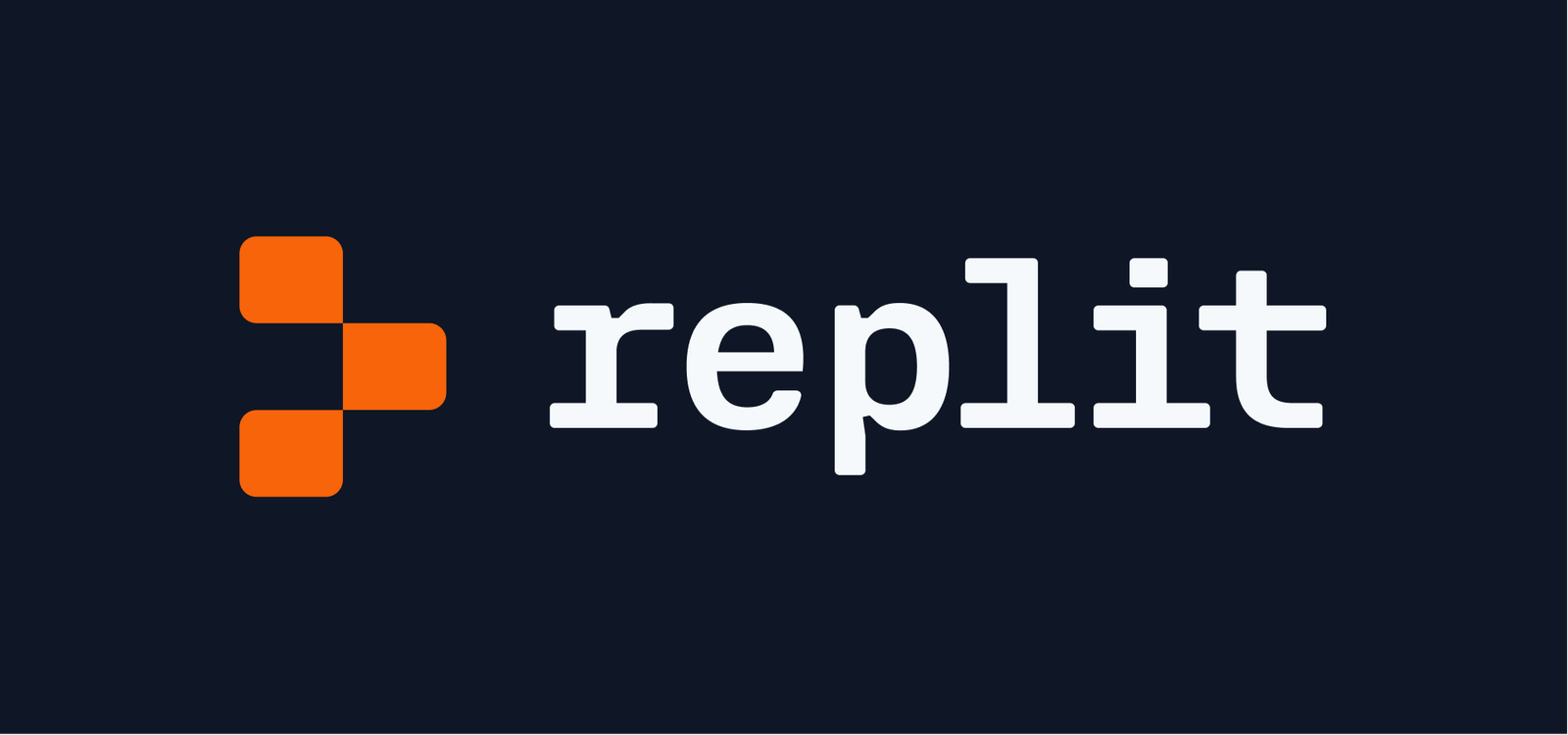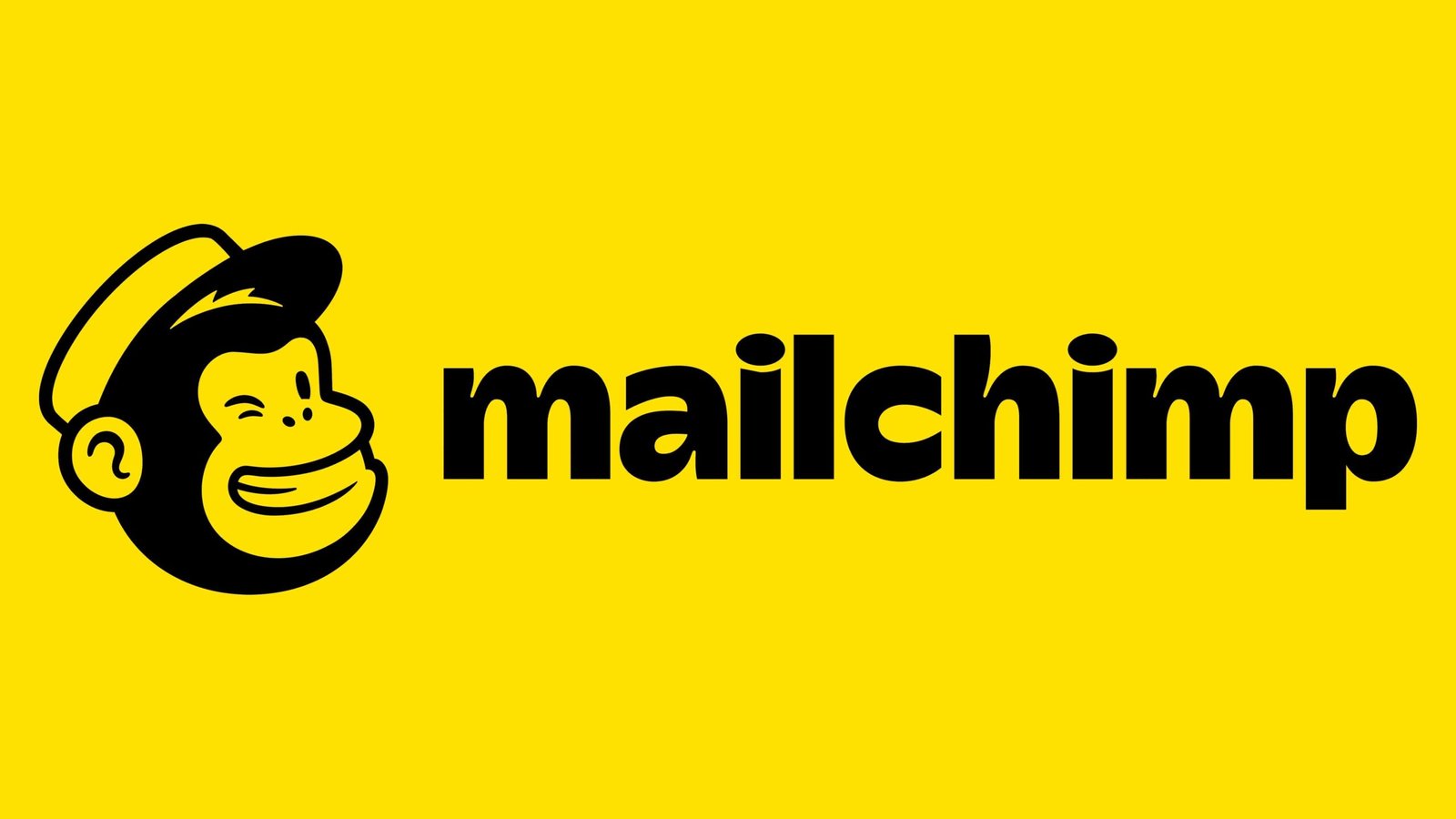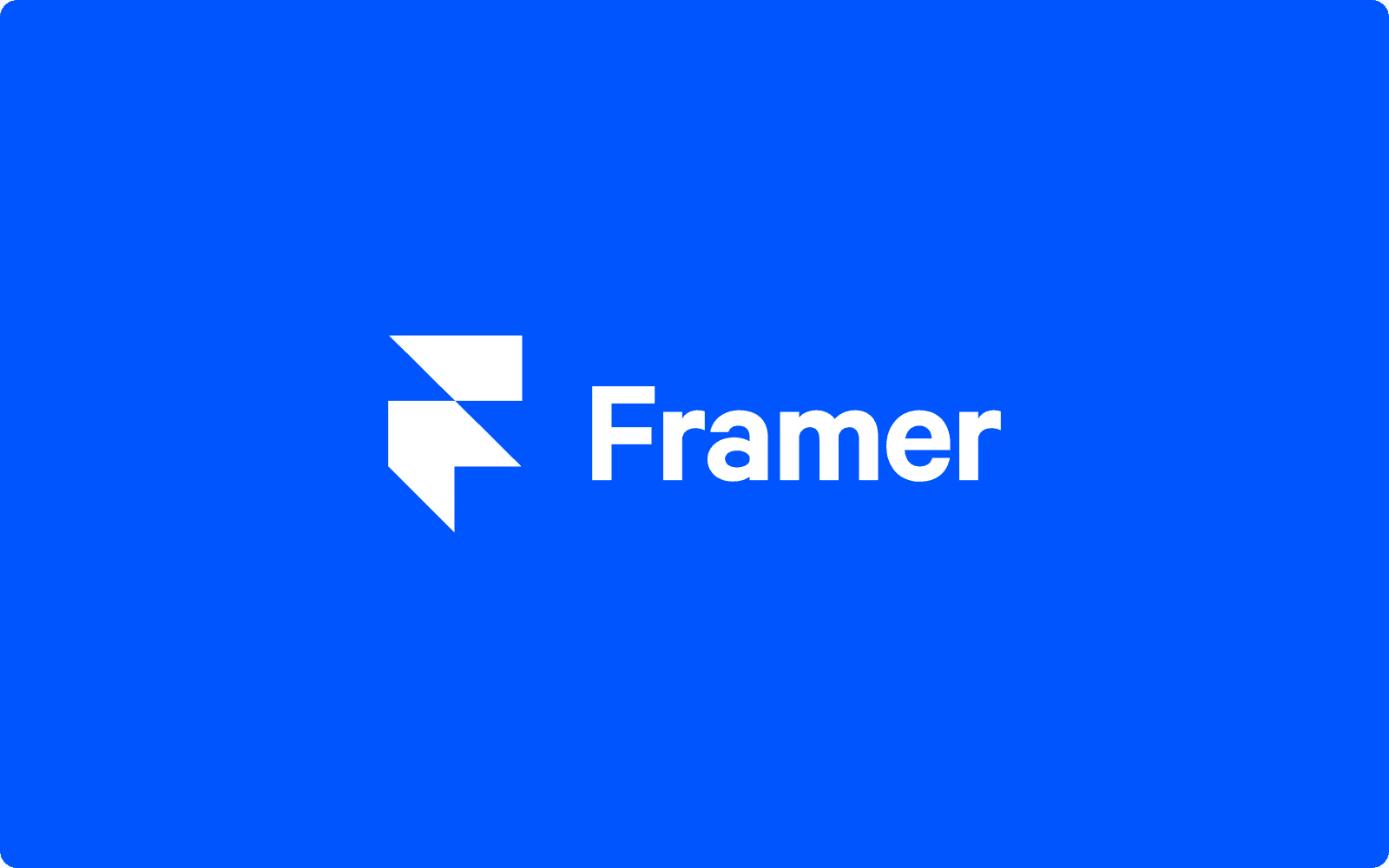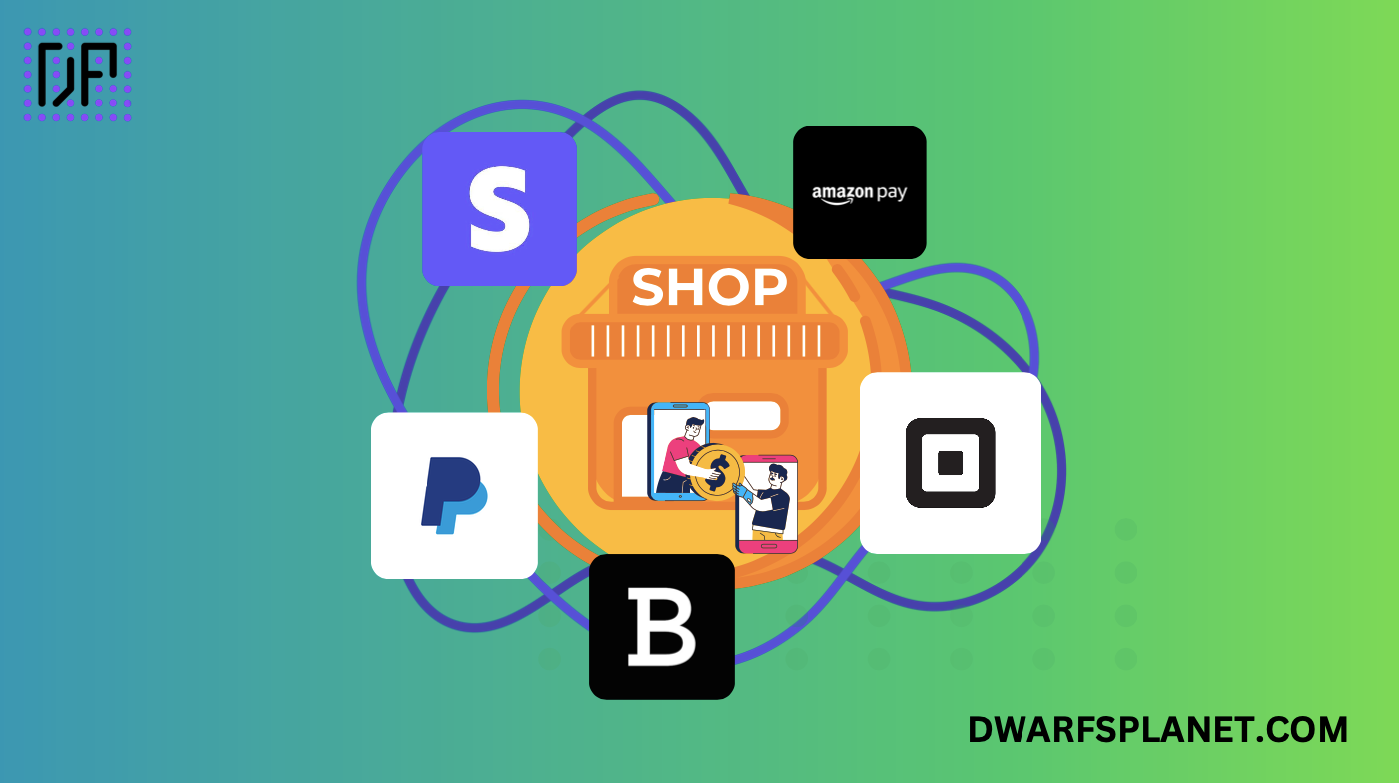Open-source, cross-platform IDE for C, C++.
Code::Blocks is a free, open-source integrated development environment (IDE) designed primarily for C, C++, and Fortran programming. Launched in 2005, Code::Blocks is known for its simplicity, extensibility, and lightweight design. It provides a customizable and modular environment that allows developers to install plugins to add functionality according to their needs. Code::Blocks is popular among students, hobbyists, and professionals who prefer a straightforward IDE for developing C and C++ applications.
Key Features:
- Multi-Compiler Support: Works with a wide range of compilers, including GCC, Clang, MSVC++, Digital Mars, Borland C++, and others, providing flexibility in choosing the preferred compiler.
- Plugin-Based Architecture: Allows users to extend the functionality of the IDE by adding plugins, such as code formatting, additional compiler support, and debugging tools, creating a highly customizable environment.
- Integrated Debugger: Built-in debugger with features like breakpoints, watch variables, call stack, disassembly, and memory dumps, allowing for efficient debugging of applications.
- Cross-Platform Compatibility: Available on Windows, macOS, and Linux, providing a consistent development experience across different operating systems.
- Code Folding and Syntax Highlighting: Supports code folding, syntax highlighting, and auto-completion for C, C++, and Fortran, enhancing readability and productivity.
- Workspace and Project Management: Offers project management tools that allow developers to organize their code files, manage build targets, and customize build settings.
- Customizable Interface: Provides a customizable interface with support for multiple layouts, themes, and keybindings to match user preferences.
- Integrated Build System: Includes a fast and flexible build system that supports custom makefiles and project settings, streamlining the compilation process.
Benefits:
- Lightweight and Fast: Code::Blocks is lightweight and optimized for performance, making it suitable for older hardware and systems with limited resources.
- Highly Extensible: The plugin-based architecture allows users to customize the IDE to fit their specific needs, adding or removing functionalities as required.
- Cross-Platform Development: Supports development across Windows, macOS, and Linux, making it a versatile choice for cross-platform C and C++ development.
- Free and Open-Source: Available for free under the GPL license, making it accessible to all developers without licensing costs.
- Simple and Easy to Use: Its straightforward interface makes it an excellent choice for beginners learning C and C++ programming.
Strong Suit: Code::Blocks’ strongest suit is its simplicity, lightweight design, and extensibility through plugins, making it ideal for C, C++, and Fortran developers who need a straightforward and customizable IDE.
Pricing:
- Free: Code::Blocks is open-source and available for free under the GNU General Public License (GPL), including all features and plugins.
Considerations:
- Limited Advanced Features: While highly customizable, Code::Blocks may lack some of the advanced features found in more modern or specialized IDEs, such as advanced refactoring tools, code analysis, or extensive debugging features.
- Outdated User Interface: The user interface may appear dated compared to newer IDEs, which could impact the user experience.
- Plugin Management Complexity: Managing plugins can sometimes be challenging, and plugin compatibility may vary across different versions of the IDE.
- Limited Built-in Support for Other Languages: While it can be extended to support other languages, its primary focus remains on C, C++, and Fortran, making it less suitable for developers working in other languages.
Python IDE for scientific computing.
Lightweight editor for web development.
Browser-based coding platform for various languages.
Summary: Code::Blocks is a free, open-source IDE designed for C, C++, and Fortran development, offering a lightweight and customizable environment with support for multiple compilers and platforms. It is particularly well-suited for beginners, students, and hobbyists who need a simple and straightforward IDE for developing applications. While it may lack some advanced features and modern UI design, its extensibility, cross-platform compatibility, and ease of use make it a solid choice for many developers, especially those looking for a resource-efficient IDE.


